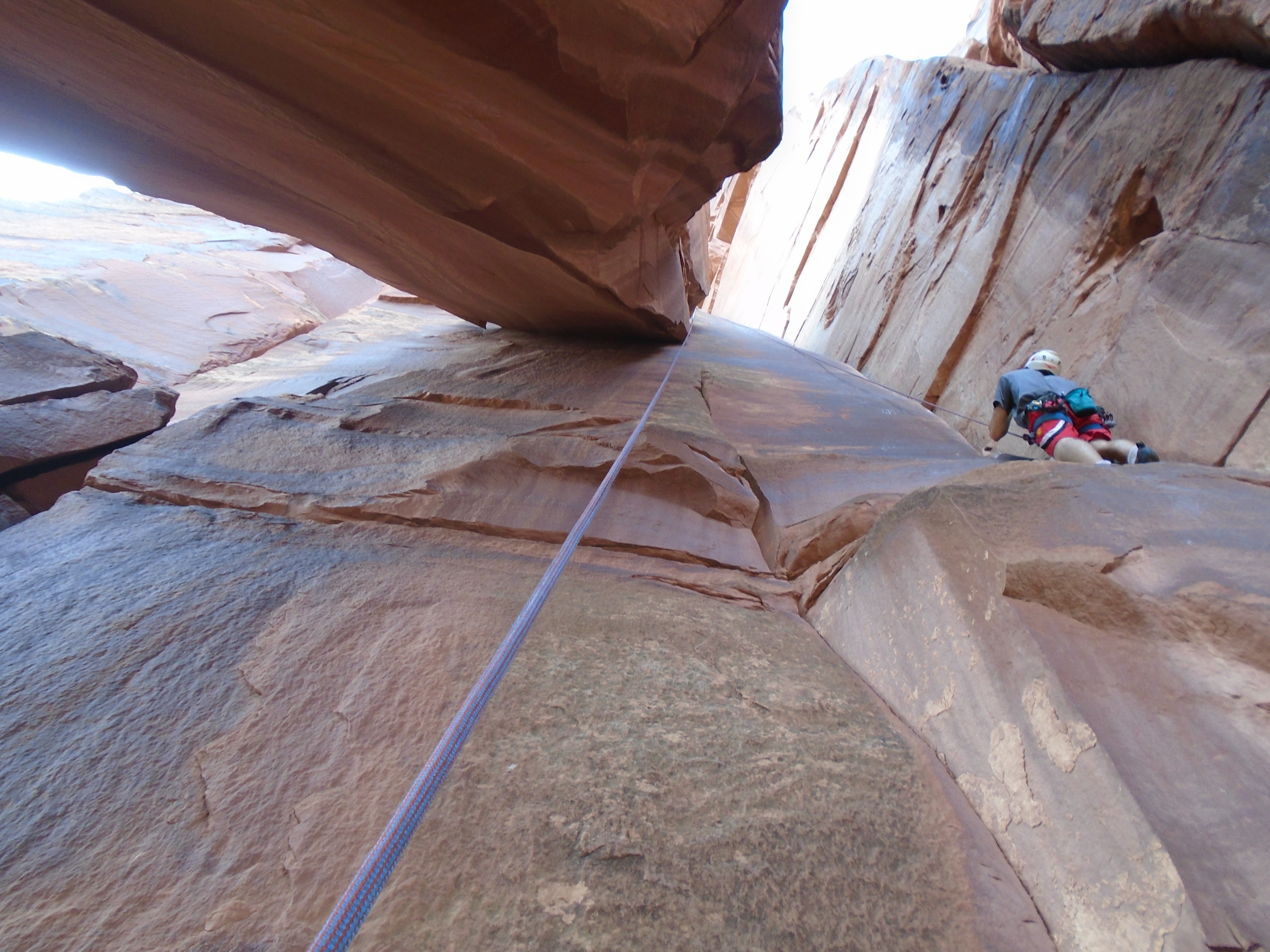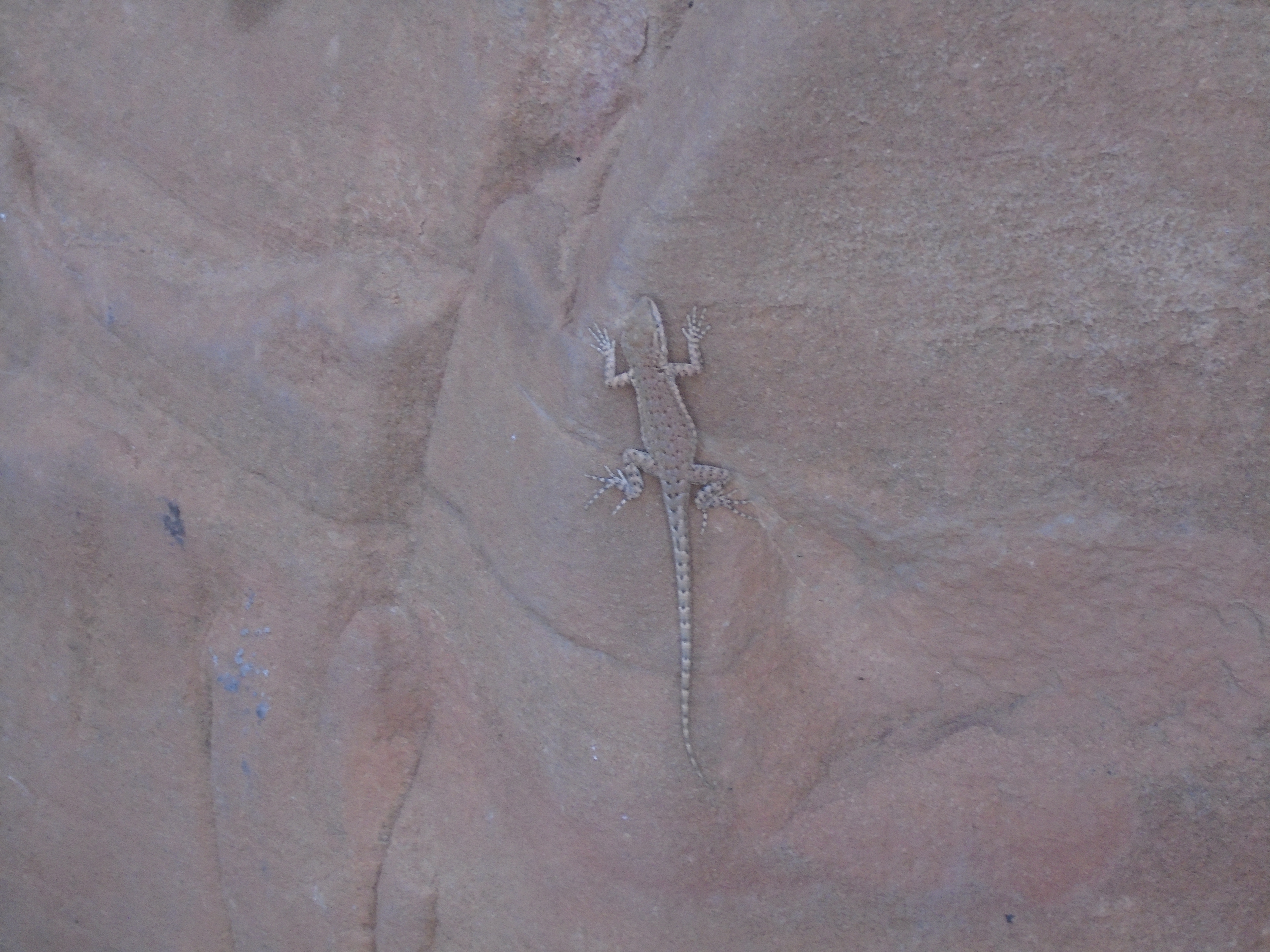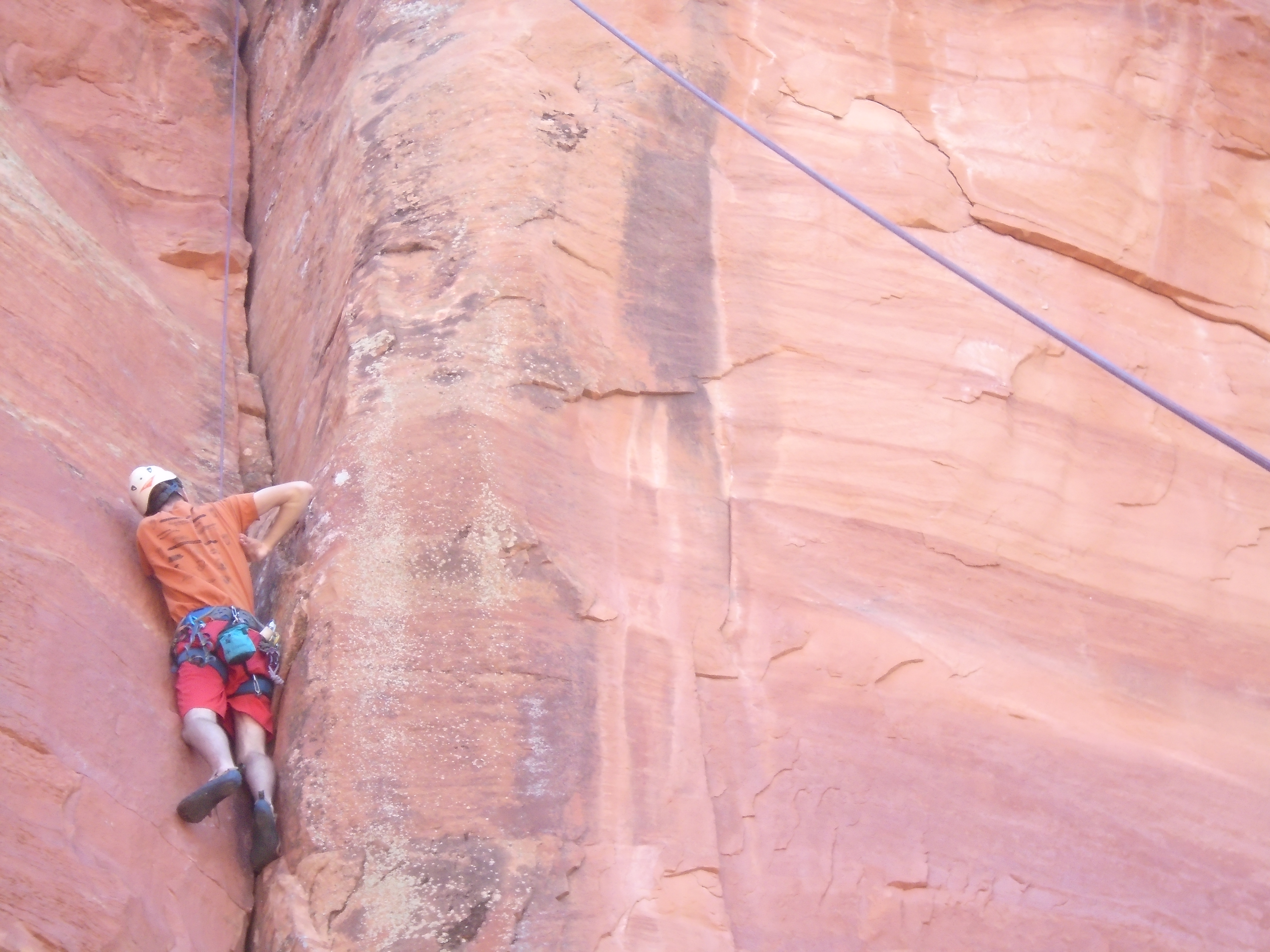He would be assisting me, he said. He wanted to know the nature of my problem. I had reached him through a troubleshooting algorithm which my computer kicked out in response to any noxious stimulus.
He was obviously not William. His phonemes betrayed him on that account. Certainly, he had been put up to claiming an English name by his employer. I wondered though, if he had been given a choice of English names, because whoever picked a pseudonym with troublesome sounds had an ulterior motive. I was intrigued. I wanted to know, for example, if the choice of a name containing an unpronounceable sound was William’s protest against being made to lie in the first place, or if the sound was chosen by his neo-colonialist employers by way of mocking him each time he mispronounced it. I wanted to know who the mispronunciation served.
It was possible to make a couple of safe deductions without additional facts. From the company’s stand point, the fake name was simply a trick designed to put the provincials at ease. It would have been insulting if it weren’t such a softball. I mean the kind of pitch thrown by the youth minister at a church picnic ballgame, when he suspects that the teenager at bat might currently be “troubled”. The ball’s loft and smooth arc were indulgences usually reserved for recent T-ball graduates. However, in this context, instead of illuminating the batter’s lack of skill, the throw was clearly meant to imply that Jesus loves you and you should just feel free to hit it as hard as you can.
Everyone involved in the conversation was in on the fake name from the beginning, and the move was disarmingly guileless. I wondered if William had understood and endorsed the verbal head pat involved. I concluded that he must’ve known what it was. He was too smart to think that the ploy was the clever sort of lie whose success or failure turned on him convincing somebody that his name was really William. He would have been more cautious in his presentation were that the case. Clever lies required the liar’s commitment, and so some degree of belief in the lie, for the deception to work. A clever lie could suck its teller in to a lifetime of lie maintenance if it was told carelessly. But the suggestion that Villiam was really William was transparently false, and a transparent lie could not convince anyone, nor was it meant to convince. It was for liars who didn’t care whether you believed them or not. That sort of liar sought to stifle their mark with the embarrassment of an obvious falsehood.
Maybe his employer wanted to shut the customer down a little. The call was scripted, so the fewer the extraneous inputs from the client, the smoother it went. Caller pacification might have been William’s primary goal as well. After all, William himself didn’t seem to care about how the name came out of his mouth. He didn’t try for the English “W”. The first phoneme was the proper approximation in Urdu, and he spoke it without inflection or hesitation. Yet, he was not trying to shut the conversation down otherwise. He said he was there to help resolve my computer problem, and he seemed to be telling the truth about that.
There was something about the matter-of-fact tone of his introduction which also suggested a more subtle understanding of the lie’s purpose. When he spoke the English name, I was supposed to feel comforting familiarity in response, but not just familiarity for comfort’s sake. I was supposed to feel familiarity for the sake of order. So what if a lie served as the foundation of our dialog; the one redeeming feature of a lie was its structure – its orderliness. Once things began to fall in line, even if the facts were off, there was a solid form to build upon. A glimpse of bare structure was exactly what a person needed when they were on a helpline trying to restore the function of a device upon the workings of which they were totally dependent, and thoroughly ignorant.
William proceeded to track down the nature of my problem. He read through a script of questions, following one branch or another depending on my responses. As he continued confidently, I began to understand that he must have been a believer in order for real. He was good at his job and a person didn’t get good at that kind of job without having an affinity for the work. I would probably never know what chain of events led him to the helpline job anymore than I would ever find out what name he was given at birth. But I did know that now he called himself William, and that he was trying nevertheless. In the light of those two facts, I saw the outline of his motive. He must have sensed the makings of a more orderly future in his current circumstances. If his clients’ circumstances were as tractable, then he had some reassurance that he was on the right path.
After chipping away at the shape of my problem for almost an hour, he ran out of questions. We had come to the end of his algorithm. Without missing a beat, he cheerfully announced that he was making out a ticket for me. I could not have asked for better confirmation. I was right when I pegged William as a believer in order and a seeker of order. The ticket went to a cabal of anonymous detectives somewhere above William in the org chart. Armed with superior understanding of the system, and a much thicker book of algorithms, they could get to the bottom of any malfunction. When he informed me that he was generating a ticket, his tone reflected his complete faith in the nameless analysts and their methods, which were, after all, simply more powerful iterations of his own method. The system ran on logic, and so, it’s function or malfunction must be logically discernible. He would get back to me with their answer.
An unusually long interval of silence ensued. As the days added up, my pessimism grew apace. I expected my ticket to come back without an answer, if it came back at all. Unlike William, I had never been a believer in order. I understood the attraction. If taken to its logical conclusion, an orderly life may seem synonymous with justice. In the average person’s dreams of a well-ordered life, everybody gets just what they deserve and nothing that they don’t deserve. But unlike justice, order is not beholden to any facts. As the programmers say, even for a faultless system, “garbage in, garbage out”. I knew about the allure of order and its unwholesome consequences because I had seen it in my own family. That is how I could spot its influence on William, and it was why I found his case so alarming.
My great aunt’s bookshelves had an order disorder. Her whole house was orderly, but especially the bookshelves. No books had protruding shreds of paper marking pages of interest. None of the spines or edges of the covers were worn or discolored. The rows were all even. There was no dust on them. There were shelves and shelves of them. The neatness was intimidating, and it took me until junior high school to work up the nerve to take one of the books off its shelf. When I opened it, the spine crackled. There was no sign of wear within. There was no yellowing of the paper nor was there smudged or faded text. It was clear that the book had never been read. The rest of the books were in similar shape.
I never puzzled out why she had all those unread books. Perhaps it was just because bookshelves need books. I never asked for an explanation either. I could not imagine a coherent answer. I was afraid of what else the question might reveal, since the bookshelves were only a little neater than the rest of the house. I didn’t want to know if the incoherence went deeper, though I already had hints that it did.
She did not display the signs of a naturally fastidious character. Neuropsychological tidiness came with negative signs, like aversions to small children and messy animals. She loved small children, and she owned a hound dog who barely qualified as domesticated. It bayed incessantly. It did not recognize any verbal commands, not even acknowledging its own name. If it got out of the house, it would be gone into the woods for several days, returning only when it was starving. At the end of those excursions, it was covered with red dirt and ticks, and it announced itself by scratching on the front door with its muddy claws. She never scolded that dog for any of it. At the same time, she constantly expressed her displeasure with the Cuban immigrants who had settled in her town. Her objection to them centered on their perceived unwillingness to learn English. She had explained to me once that Spanish was a language for Cuba and English was a language for the United States. To her, the Cubans’ intransigence violated a kind of eugenic order. Spanish described Cuban things, and English described American things. It was as if, were the American things described often enough in Spanish, their original nature might be forgotten, and they would become Spanish things, but not real Spanish things, just American knockoffs which poorly approximated the Spanish original. The dog ate leftovers and slept outside on a dog bed. The children ate at a children’s table until they enrolled in college.
My house is a mess. It has always been that way. I attribute the disarray to my own laziness. But I wonder sometimes, while I am trying to straighten up and I am feeling a leaden weariness grow with each stack of papers sorted and put in its proper place, if the condition of my environment is also reactive. A person with a metaphysical devotion to order could not live this way, after all.
When William finally got back to me with the ticket detectives’ findings, he did not sound cheerful anymore. The ticket had generated another ticket, and the 2nd ticket had generated a third. The degree of logical resolution at that level was irresistible. If there was a malfunction discernible by logic, the executors of the 3rd ticket would have found it, and they found nothing. This meant that I had a hardware problem.
The words “hardware problem” came out with all the connotative qualities which his “my name is Villiam” lacked. His voice had a little bit of whine and squeak to it, and he trailed off before he was finished with the 2nd word. He told me that this was goodbye. I would have to bring the device to a different kind of technician. He warned me that this type of technician frequently did not succeed in putting a device back in working order, and even when they did, it was at a great cost. I imagined sitting across from one of those nihilist rodents, steeping in the reek of cigarette smoke and solder flux, as he perfunctorily pushed the on /off button and tapped a couple of the keys labeled with “f” and a number, before pronouncing my machine. William advised me to resign myself to the strong possibility that I would have to replace my device.
I departed a little from William’s advice at that point. Despite everyone’s occasional suspicions, computer programs are made by people, for people. By definition, programs and their problems are understandable, and therefore fixable. Anyone with enough relevant information could solve problems with a diagram. Hardware problems are something else. They are the most incredibly specific things, and they needn’t be understandable in any useful way. A piece of dust conducting electricity outside of the carefully engineered circuits on a chip, or an overheating transistor #10,022 which intermittently flips a zero for a one, are problems with reasons of their own, but not the kind of reasons amenable to William’s methods. Chasing down hardware problems is a fool’s errand. I did not take my computer to the other class of technicians. I carried it right past them to the electronics store’s sales desk. They told me that they could recycle the valuable materials from the broken machine and gave me quite a nice discount for it on a new computer.
I hope William stays with the helpline. I hope that, as part of his quest for an ever more orderly life, he rises in the org chart to join the secondary, or even tertiary cabal of investigators. I hope that, despite his advancement, he continues to call himself William. Because, he is trying something tricky in trying to live an orderly life. Along the way, he will feel the urge, in the name of order, to lie some more. The lies he will need will be the clever kind. He will need to maintain those lies and he will get drawn in to self-deception as a result. He will be tempted on the day that he recognizes his orderly life as something built rather than something discovered, like a collection of unread books. He will be tempted again on the day when he sees through to the source of a leaden weariness which sometimes settles on him in the lull between tickets, and he finds it to be, not the weight of residual, remediable injustices, but the inertia of a truth that he’s been pushing against: All problems, at the very bottom, are hardware problems. A transparent lie, one that he cannot tell himself, will come in handy then.










